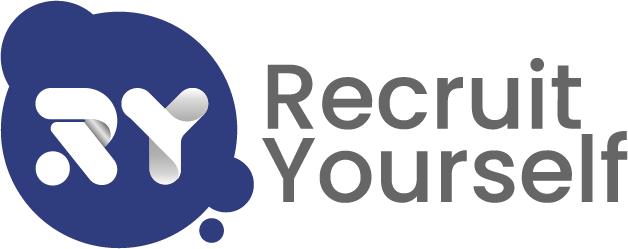Effective job interviews and selecting the right candidates
- Prepare in Advance: Discuss the importance of thoroughly reviewing resumes, job descriptions, and candidate qualifications before the interview. Highlight the significance of creating a structured interview process with predetermined questions and evaluation criteria.
- Define Job Requirements: Emphasise the need to clearly define the job requirements and desired skills before conducting interviews. Explain how this helps in evaluating candidates consistently and making informed decisions.
- Behavioural Questions: Explain the effectiveness of asking behavioural questions to gain insights into a candidate’s past experiences and behaviours. Provide examples of behavioural questions that can reveal a candidate’s problem-solving abilities, teamwork skills, and adaptability.
- Use a Mix of Interview Techniques: Discuss the advantages of using a combination of interview techniques such as situational questions, role-playing scenarios, and technical assessments. Explain how these techniques can assess different aspects of a candidate’s suitability for the role.
- Active Listening and Effective Communication: Highlight the importance of active listening during interviews. Explain how paying attention to verbal and non-verbal cues helps in understanding candidates better and evaluating their fit for the position.
- Assess Cultural Fit: Explain the significance of assessing cultural fit during the interview process. Discuss the importance of aligning the candidate’s values, work style, and aspirations with the company’s culture to ensure long-term success and job satisfaction.
- Consistent Evaluation: Discuss the need for consistency in evaluating candidates by using a standardised evaluation framework. Emphasise the importance of taking detailed notes during interviews and rating candidates based on predefined criteria.
- Involving Multiple Stakeholders: Highlight the benefits of involving multiple stakeholders in the interview process, such as department heads, team members, or HR professionals. Discuss how diverse perspectives can contribute to a more comprehensive evaluation and reduce biases.
- Candidate Experience: Address the importance of providing a positive candidate experience throughout the interview process. Discuss how clear communication, prompt feedback, and respectful treatment can enhance the company’s reputation and attract top talent.
- Making the Final Decision: Provide guidance on making the final decision by weighing the strengths and weaknesses of each candidate against the job requirements and evaluation criteria. Discuss the significance of considering both hard skills and cultural fit when selecting the right candidate.










